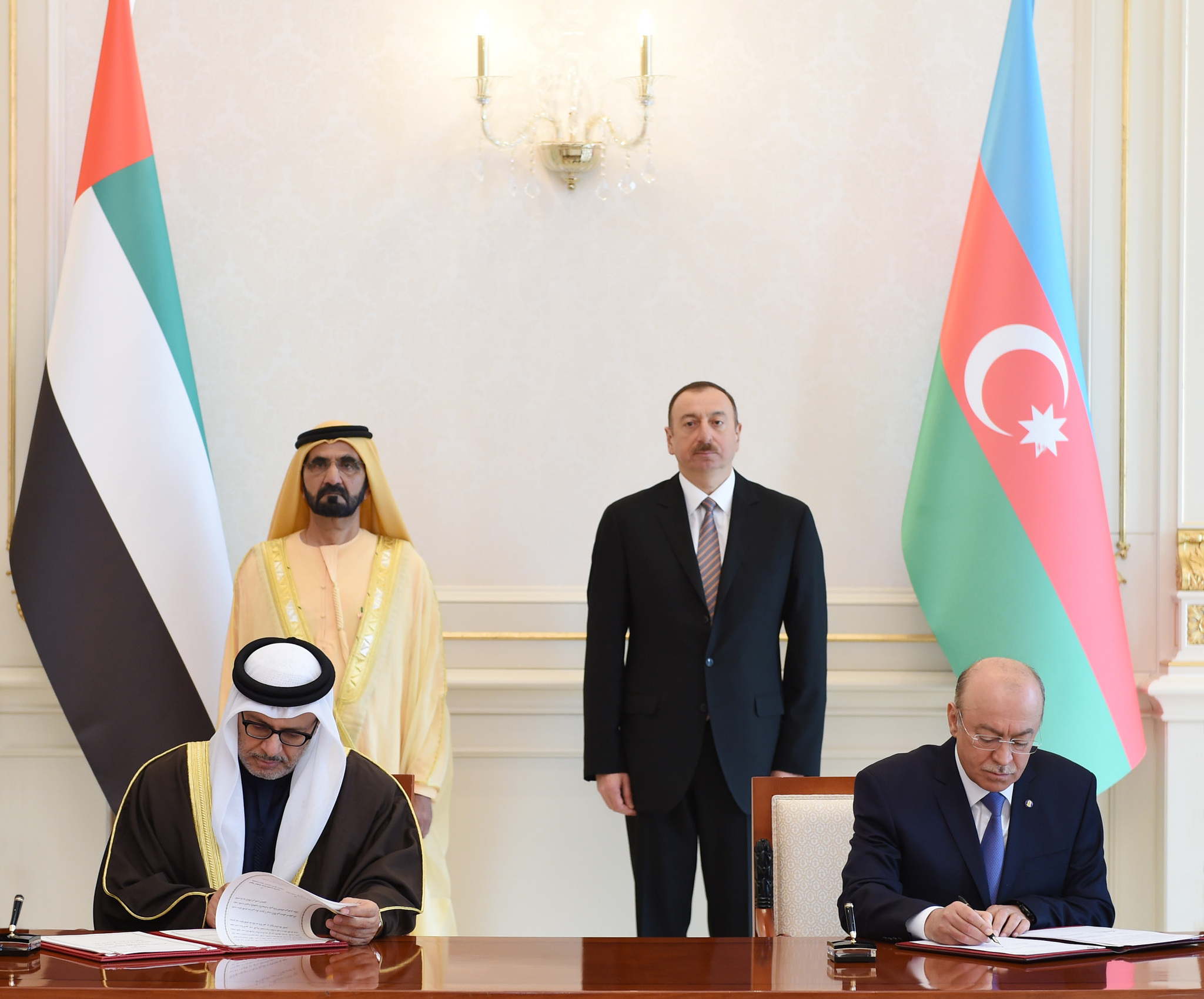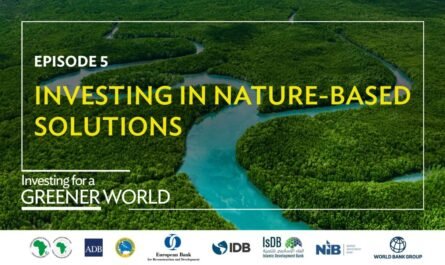The United Arab Emirates (UAE), which holds the presidency of the upcoming Conference of the Parties (COP28) on climate change, has announced a significant collaboration with Azerbaijan and Brazil, the future hosts of COP29 and COP30 respectively. This “troika” initiative aims to solidify international efforts in achieving the critical goal of limiting global warming to 1.5 degrees Celsius (°C).
The urgency of this mission stems from the potentially devastating consequences of exceeding the 1.5°C threshold. Scientists warn that surpassing this point would trigger more extreme weather events, rising sea levels, and ecological disruption on a global scale.
The newly formed troika seeks to build upon the momentum established at COP27 in Dubai last year. There, nations pledged to enhance their climate action plans, known as Nationally Determined Contributions (NDCs). Now, the focus shifts towards ensuring these pledges translate into concrete actions.
A key aspect of the troika’s strategy involves securing sufficient financial resources to support climate action initiatives, particularly in developing nations. Developed countries have historically fallen short of their commitment to provide $100 billion annually to assist developing nations in transitioning to clean energy sources and adapting to the effects of climate change.
Azerbaijan, set to host COP29 in 2025, emphasizes its role as a bridge between developed and developing nations. President-designate Mukhtar Babayev highlights the importance of establishing a new, more ambitious climate finance goal that reflects the escalating nature of the climate crisis.
Brazil, taking the helm for COP30 in 2026, underscores the need for countries to submit enhanced NDCs that reflect a more aggressive approach towards emissions reduction. COP30 will be a crucial juncture to assess global progress on the 1.5°C target and potentially determine further course correction if needed.
The troika’s collaborative effort represents a significant step forward in international climate cooperation. By fostering continuity and shared purpose across three consecutive COPs, the initiative aims to accelerate progress towards the 1.5°C goal.
The success of this endeavor hinges on the ability of the troika to translate plans into tangible action. Securing increased financial resources, encouraging more ambitious NDCs, and ensuring effective implementation of climate action plans will be paramount in the coming years.
The world watches with bated breath as the UAE, Azerbaijan, and Brazil join forces in this critical mission. The fate of the 1.5°C target – and potentially the future of our planet – may very well depend on their success.





